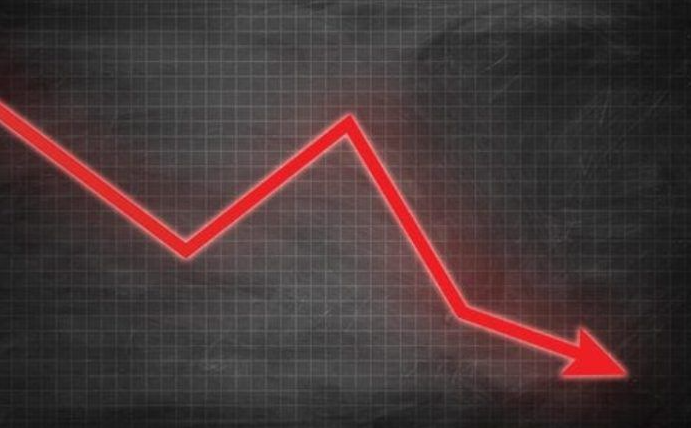Half a year following the inauguration of Chicago’s Democratic Mayor Brandon Johnson, citizens of the city express dissatisfaction with his administration’s performance, resulting in the lowest approval rating for a mayor beginning their term in modern history for the Windy City.
In the past, Chicago mayors typically enjoyed popularity in the early stages of their terms, but this trend does not apply to Mayor Johnson. A recent survey by the Illinois Policy Institute, carried out by the conservative-leaning Echelon Insights, reveals that Johnson currently holds a 28% approval rating.
This rating is merely 1 point higher than the approval rating of former Mayor Lori Lightfoot when she faced defeat in her reelection bid in February and only 1 point above former Mayor Rahm Emanuel’s rating in 2016, following the officer-involved shooting of Laquan McDonald who was seventeen at the time.
The sole other mayor who approached a comparatively low rating of 30% is former Mayor Michael Bilandic, registering a 33% approval in 1979, as reported by the Illinois think tank.
Among different age groups, Johnson received the highest approval rating from individuals aged 18-29, standing at 32%, while the lowest support came from the 40-49 age group, with a rating of 24%. These polling figures appear to align with Johnson’s efforts to engage with teenagers and young adults, who typically resonate with liberal policies.
Conversely, there seems to be a decrease in support from older voters, who leaned towards Democrat Paul Vallas in the recent mayoral election.
During the April runoff election, Johnson received backing from 58.2% of voters in the 18 to 34 age group and 45.7% from those aged 35 to 49. In contrast, Vallas gained support from older voters, with 50.6% of individuals aged 65 and older and 53.4% in the 50 to 64 age category.
The decline in Johnson’s approval rating suggests that Chicago may not be fully embracing his liberal policy agenda, a key element of his mayoral campaign. His bid for mayor was characterized by a focus on comprehensive approaches to public safety and education, incorporating initiatives like criminal justice reform and an increased emphasis on mental health.
As per the survey, Johnson obtained the most substantial disapproval rating in crime and public safety, standing at 66%, trailed by 64% in immigrant management, and 63% in housing and homelessness.
Concerning the foremost challenge confronting Chicago, 69% of participants pinpointed crime, with 52% indicating strong disapproval of Johnson’s strategy in handling it. A substantial 73% of voters voiced approval for an augmented police presence in the city. Throughout his campaign, Johnson committed to tackling the shortage of officers in the Chicago Police Department, which presently contends with over 1,000 vacancies.
Since assuming office, Johnson has advocated for tax hikes to support homelessness initiatives, supported teenage rioters, appointed a new police superintendent, reorganized the Chicago school board, sanctioned the establishment of enduring tent camps for immigrants, and urged the government to expedite work permits for immigrants amid an influx from southern border states in Chicago.








